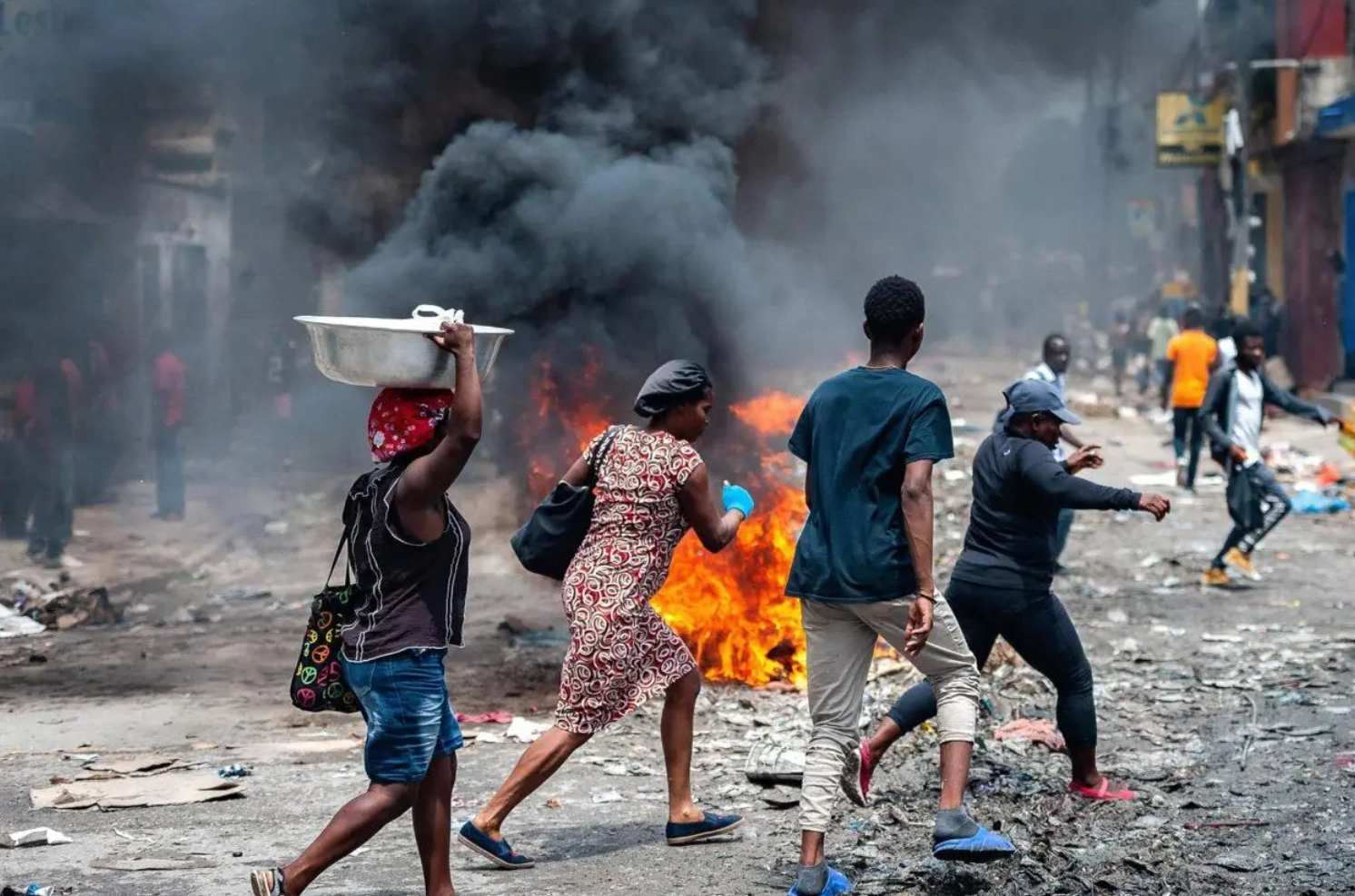Brazil assumed the presidency of the United Nations Security Council last Monday, October 2. On the first working day of its mandate, Resolution 2699 (2023) was approved, with Russia and China abstaining. This resolution authorizes the deployment of a Kenyan military contingent to support the Haitian National Police in the fight against armed gangs that have controlled neighborhoods in the capital, Port-au-Prince, for at least two years. The attacks intensified at the end of 2021 and became politicized with the democratic deficit generated by the assassination of President Jovenel Moïse on July 7 of that year.
It is regrettable that Brazilian diplomacy has submitted to a vote, on its first day in the presidency of the Security Council, a resolution questionably made at the instigation of the Dominican Republic. This country is building a wall to stop the flow of migrants from the neighboring country and prevents Haitians from accessing the water of the Masacre River, on the border between Dajabón and Ouanaminthe, once the scene of the largest genocide in the history of the Caribbean in 1937, when more than 30,000 Haitians were cruelly executed by the dictatorial and racist Trujillo government.
The literature on international relations has no record of Kenya’s interest in Haiti. Suddenly, this interest was sanctioned in the Security Council with the support of Jamaica and Guyana, all of them former colonies or still colonies of England (as in the case of Jamaica, which is part of the Commonwealth and recognizes the authority of the British monarchy). We fail to understand Brazil’s foreign policy guidelines: why support and vote in favor of a Resolution based on Chapter VII of the UN Charter, which authorizes the use of force in foreign territory? Where are the commitments to protect Afro-diasporic countries from armed intervention? Why not be prudent and vote in favor of an observer mission based on Chapter VI of the UN Charter? How will sending a military contingent from Kenya to the Haitian National Police, which already has the cooperation of the Mexican police, help? Is this really the maximum effort Brazil can make at the head of the Security Council? Is Brazil repeating the same mistakes of the past, as when Brazilian diplomacy pushed for the approval of the United Nations Stabilization Mission in Haiti (MINUSTAH), which remained in the country for 14 years and aggravated its fragility, really a diplomatic effort in favor of South-South Cooperation?
We deplore this position and hope for a course correction in the bilateral Brazil-Haiti policy. Instead of hasty actions in the Security Council, Brazil could be taking various bilateral actions to reduce the levels of violence in Port-au-Prince. Also, Brazil could be helping Haitian migrants who want to go to Brazil in an anti-racist way and strengthening the justice system in Haiti, given that the United Nations Justice Support Mission in Haiti (MINUJUSTH), whose mandate lasted two years (from October 2017 to October 2019) and which succeeded MINUSTAH, did not have sufficient commitment to build community bases in favor of peace in the country.
Building on the technical cooperation in the area of intelligence and prevention of the expansion of gang activity by means of drones that already exists between the Haitian National Police and the Mexican Police, Brazil could offer cooperation with the intelligence and investigation service of its Civil Police, in its attributions under Article 144 of the Federal Constitution of 1988, in the procedural areas related to police investigations and their referral to the judiciary, with procedural deadlines that guarantee access to due process of law for the investigation of crimes against life, associated with the strengthening of the prison system in Port-au-Prince.
The Brazilian government could also propose to the Security Council a multilateral investment in the construction of more prisons according to technical specifications of accessibility, soil permeability, bioclimatic comfort and environmental impact, following the Brazilian Basic Guidelines for penal architecture, given that prison conditions in Haiti violate the most elementary principles of human rights. Brazil could also be building a policy dialogue on the final fate of gang criminals: try them, grant them amnesty or resettle them.
Brazil could be discussing resettlement strategies in the Council, bearing in mind that, if Port-au-Prince gang criminals are tried outside Haiti, considering the Bwa Kale movement’s penchant for taking the law into their own hands, they will not leave the country alive in the post-conflict period. It could also help with the following actions: (a) Request the TSE for technical cooperation with the CEP – Provisional Electoral Council of Haiti to hold clean and fair elections in the country as soon as possible; (b) Propose to the government of the Dominican Republic the creation of supportive housing for Haitian immigrants, with the resources of the international community; c) Facilitate the entry of Haitian immigrants into Brazilian territory, exempting them from visa requirements; d) Relaunch the CAPES Pro-Haiti Program, aimed at the exchange of Haitian students to Brazilian public universities, which was lost amid the breakdown of government in Brazil in 2016; f) Reinforce the increase in places for Haitian students in the PEC-G and PEC-PG programs and demand from the Brazilian Embassy in Haiti a Marketing Plan to adequately disseminate this program among interested Haitian students; g) Propose the creation of a PROUNI-Haiti version for private universities to receive Haitian students; h) Dialogue with the Brazilian Cooperation Agency to present a new South-South Cooperation Program of Brazil with Haiti, based on the demands of Haitian organized civil society.













